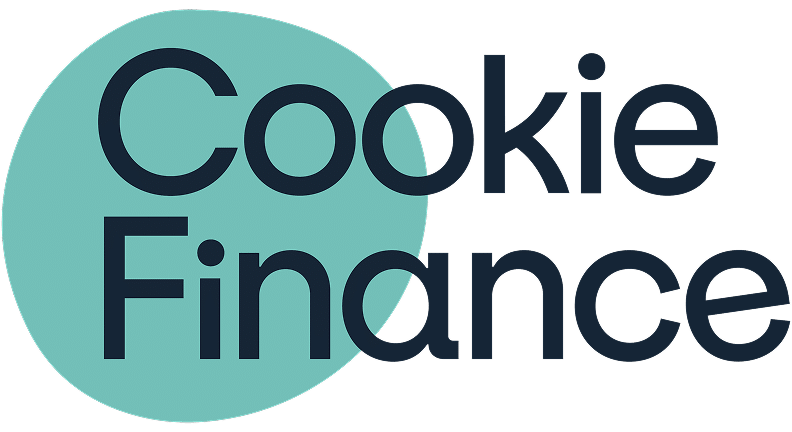So, you’ve turned your passion for creating YouTube videos into a thriving business — congrats. Filming, editing, and engaging with your audience is the fun part. But there’s one thing you can’t ignore: taxes.
Let’s break down the essentials of taxes for YouTube content creators in a way that’s easy to understand and manage.
Understanding Your Taxable Income
First things first: if you’re making money on YouTube, you’re responsible for reporting your earnings and paying taxes on them.
Taxable income includes:
- Ad Revenue: The money you earn from YouTube ads through the YouTube Partner Program.
- Sponsorship Deals: Payments from brands for promoting their products or services.
- Merchandise Sales: Income from selling your branded merchandise.
- Affiliate Marketing Payments: Commissions earned from affiliate links in your video descriptions.
- Other Earnings: Revenue from Patreon, Super Chats, or any other platform linked to your channel.
If money is coming in because of your channel, it’s taxable business income.
Keeping Track of Expenses
One of the perks of being self-employed is that you can deduct certain expenses from your taxable income. This reduces the amount of tax you owe.
Common deductions for YouTube creators include:
- Equipment: Cameras, microphones, lighting, and other gear.
- Software and Subscriptions: Video editing software, stock music, or cloud storage.
- Office Space: If you have a dedicated home office, you may be able to claim a portion of your rent, utilities, and internet costs.
- Travel: Expenses related to attending events, filming on location, or meeting with collaborators. (There may be special considerations for how much of your travel or entertainment expenses are deductible
- Props and Supplies: Anything you buy specifically for your videos, such as costumes, makeup, or decor.
Keep detailed records of all your expenses, including receipts, invoices, and bank statements.
Quarterly Estimated Taxes for YouTube Content Creators: A Must-Know
Since you’re self-employed, no one is withholding taxes from your YouTube earnings. This means you’re responsible for making quarterly estimated tax payments to the IRS to cover your income tax and self-employment tax (which includes Social Security and Medicare).
Forms You’ll Need
Tax forms might not be fun, but they’re necessary. Here are the key ones for YouTube creators:
- Form 1040: Your individual income tax return.
- Schedule C: This is where you report your business income and expenses (this is a subsection of Form 1040).
- Schedule SE: This calculates your self-employment tax.
- 1099-NEC or 1099-K: If you earn more than $600 from a single source (like a sponsor), they’ll send you a 1099 form to include with your return. If you have payments processed through Stripe, PayPal, or some other online payment processor, they may also send you a 1099. 1099’s are important because they are sent to both you and the IRS. So if you receive a 1099, the IRS did too and they expect you to report it.
Don’t forget to report all income, even if you don’t receive a 1099 form.
Tips for Simplifying Taxes
Taxes don’t have to be a headache. Here are some tips to make the process smoother:
- Open a Separate Business Account: Your personal and business finances need to be separate, and distinct accounts make that easy. Making small choices of which card to use can save hours of headache at the end of the year!
- Save Money for Taxes: A good rule of thumb is to set aside 25-30% of your gross income for taxes.
- Use Accounting Software. QuickBooks Online is a great tool for tracking income, managing expenses, and calculating estimated taxes.
Wrapping It Up
Staying organized, keeping track of your earnings and expenses, and making timely payments can save you from tax stress (and penalties) down the road.
Remember, the goal isn’t just to avoid trouble with the IRS. It’s to manage your business finances in a way that lets you focus on what you do best: creating amazing content for your YouTube audience. And if you want to avoid the bookkeeping, accounting, and tax headaches, we’re here to help. We focus only on content creators like you — let’s get on a call and see how we can work together.



